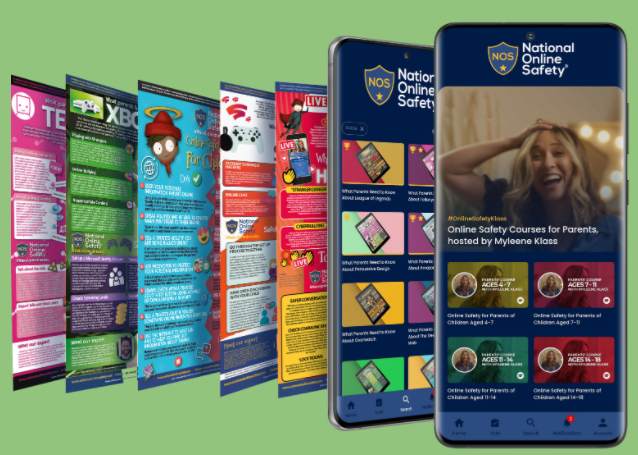
Priestsic Primary and Nursery School
Aspire, Believe, Achieve
Priestsic Primary and Nursery School
Priestsic Primary and Nursery School Park Street Sutton-in-Ashfield Nottinghamshire NG17 4BB
Telephone:
Email:
Online Safety
On this page, you will find lots of links and media addressing online safety. We all use the Internet for a whole variety of purposes and online safety is of paramount importance. Technology is changing all the time and young people are no longer passive recipients of online information. The use of digital technology is fully integrated into their lives and children are encouraged to use technology to boost their confidence and skills. However, their knowledge and awareness of the inherent issues, risks and dangers is usually very low.
Teaching your child about technology should be seen as another part of keeping them safe, just like crossing the road, stranger danger and learning to swim.
We can only be successful in keeping children safe online if we work with parents to ensure the online safety message is consistent. It is important that parents speak to their children about how they can keep safe and behave appropriately online.
Information for parents and children about how to stay safe when using the internet can be found on the links below:




